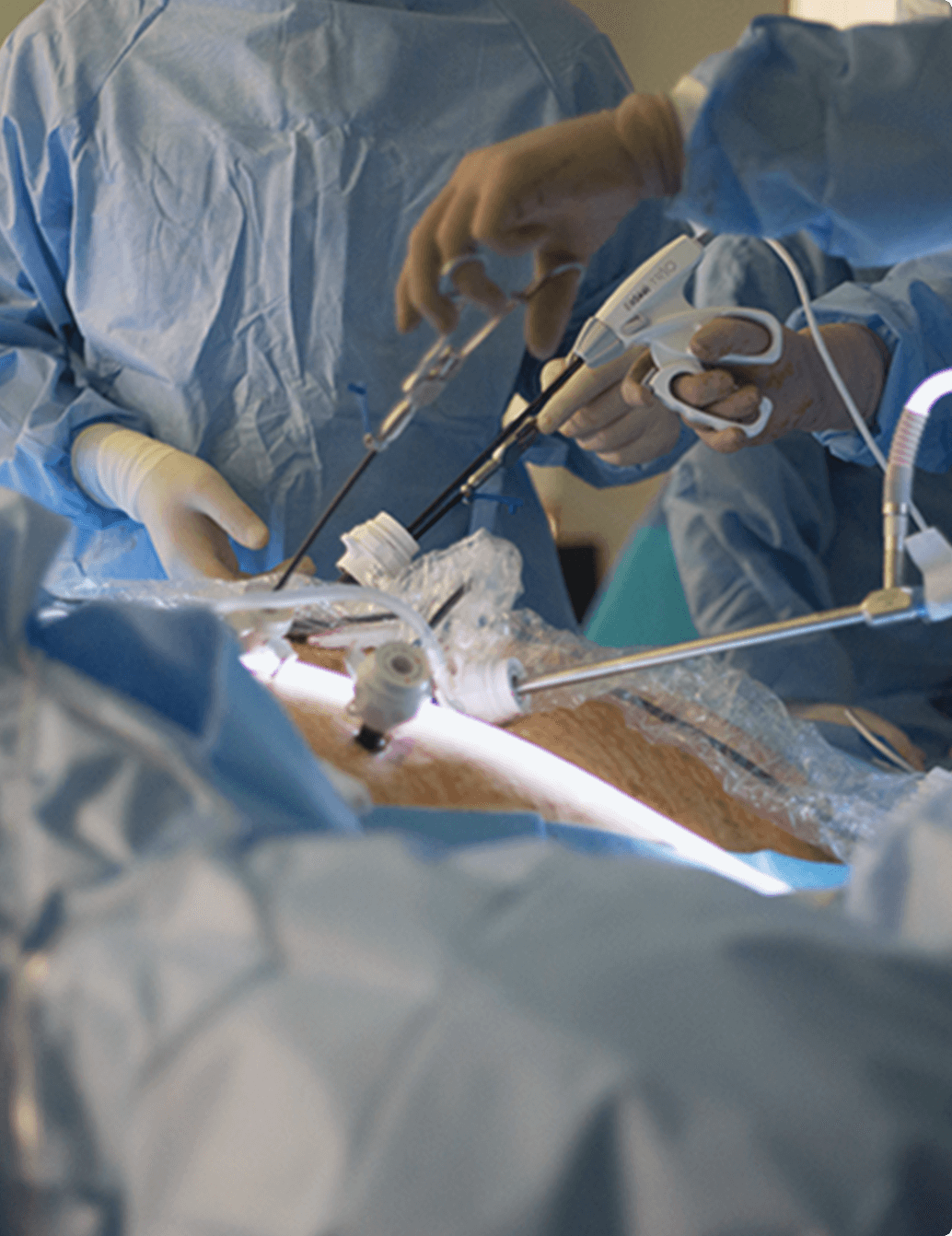Meet The Surgeon


The traditional Roux en Y Gastric Bypass (RYGB) has been performed for over 30 years, whilst the newer One Anastomosis Gastric Bypass (OAGB or ‘mini’ bypass) was first performed about 20 years ago. Both operations work in the same way, in that they involve a reduction in stomach size and diversion of food from the stomach into a part of the intestine further downstream than normal.
The main effect of diverting food further downstream is to cause the release of natural chemical signals (hormones) from the intestine. These hormones allow the gut and the brain to ‘talk’ to each other and are an important part of normal appetite control. After a bypass the increased levels of these gut hormones switch off the appetite centre in your brain, which stops you feeling hungry. In addition, with food being diverted, there is less length of intestine available to absorb calories, which (along with the reduction in stomach size) helps with weight loss. Fortunately, most patients still have plenty of intestine left after a bypass to ensure they do not become ill or malnourished after surgery, provided they stick to a sensible, balanced diet of ‘normal’ foods.
The newer OAGB or ‘mini’ bypass is becoming increasingly popular as it seems to result in slightly better weight loss and improved blood sugar control than a traditional RYGB, without any major increase in side effects. After OAGB, any revision or ‘re-do’ surgery that might be required in future is technically much more straightforward, something surgeons see as a major advantage. The one potential drawback of OAGB compared with RYGB is that about 1 in 100 patients can develop reflux of bile into the stomach pouch or even up into the gullet. Left untreated, this is a risk factor for chronic inflammation, which in turn may increase the risk of cancer in later life. To date, there has never been a single report of cancer developing in the stomach or gullet of someone who has had an OAGB (whereas cancers have been noted at the expected frequency of the general population after other types of bariatric operation). Nevertheless, some surgeons advise against OAGB if you suffer from bad reflux symptoms before surgery.

Try our free on-line virtual consultation. Just type your question into the box below and you’ll be re-directed to David, who will give you his answer!
The clinical information expressed in these video clips is for general information only, and not intended to be a substitute for a detailed discussion with your bariatric surgeon. For further information please contact one of our team on 03452 515 515 to discuss your individual case.

Please fill in the form below or call us on 03452 515 515 and a member of our team will be happy to help with your enquiry.